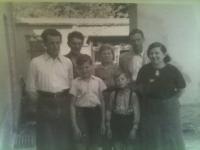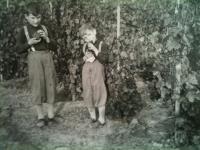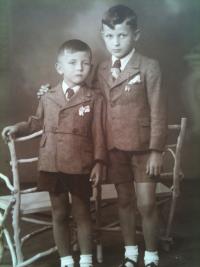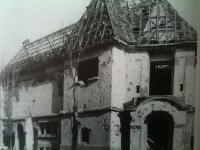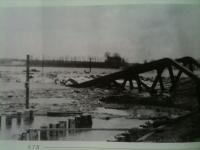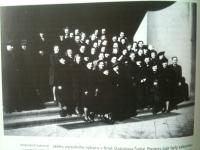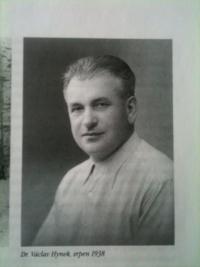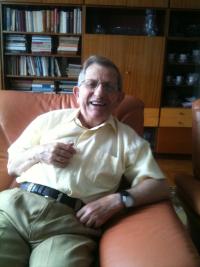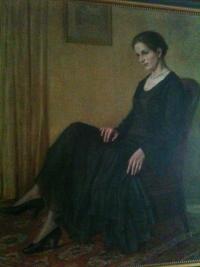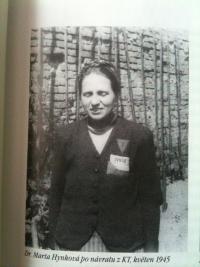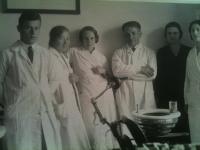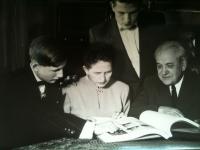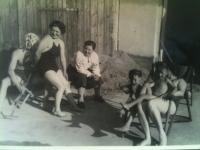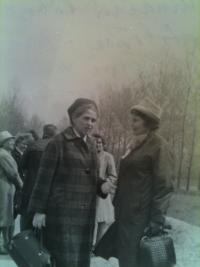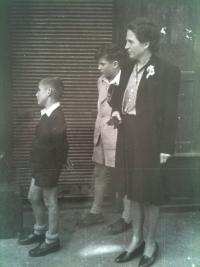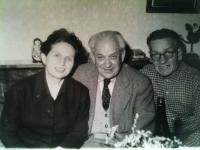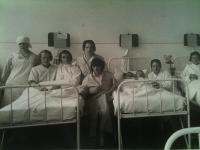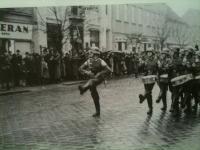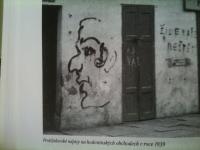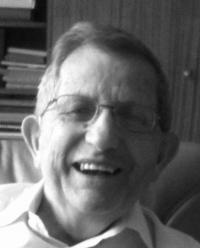I had brave and loving parents

Download image
Mgr. Miloš Hynek was born on 13 August 1934 in Pilsner, and soon moved to Hodonín with his parents and a brother Roman. His father, a dentist Václav Hynek, operated in the first world war as a legionary. Later he became a member of a resistance group “The National Protection”. Immediately after the German occupation ended, he took a role of an organiser of a military and civic resistance, from which the civil and regional network connected to overall national resistance rose. Due to a tip of a certain officer at Hodonín´s municipal office Václav Hynek escaped an arrest from gestapo police on 4 January 1940 and left for illegality. His function at the regional centre of The National Protection was then taken over by his wife, a doctor of medicine, Marta Hynková. All of a sudden his son, Miloš Hynek, a six year old by then, together with his brother were both left without a father, whom they missed much, but the mother could not tell them anything about him. While escaping, the father tried to cross the border illegally several times. He left for Slovakian Vrbovce, where he was hiding in a miller´s family. Then he got to Budapest, and planned to move further to Yugoslavia, but was arrested at the border of Slovakia and Hungary and imprisoned in Budapest. After the release at the end of war he was hiding at strangers as well as his friends in Slovakia and Bohemia. While he was hiding, his wife, Marta Hynková, was arrested, who functioned as a medic in The National Protection. On 30 April 1943 the gestapo took her to Brno, where she stayed for three months in casemate in Cejl. Later she was transported to Dresden and to a concentration camp in Gruenberg and finally Ravensbrück, where she worked in a rock mine. At the end of war she began an evacuation march, so called death march. The brothers Hynek were cared for by their grandmother. They often faced threatening and execution of property. Miloš Hynek also stayed in Bojanovice in care of a priest, who was later executed by the Nazis. The whole family reunited again on 31 May 1945. After the war was over, Miloš Hynek studied history at the Philosophical Faculty, the Prague Charles University and then a post-gradual studies of museology in Brno. In 1962-2000 he worked as a historian at the Masaryk´s museum in Hodonín. He was involved in the history of Czech and Slovak relations in 19th and 20th century and regional history. Miloš Hynek lives with his family in Hodonín and still is actively keen on history.
